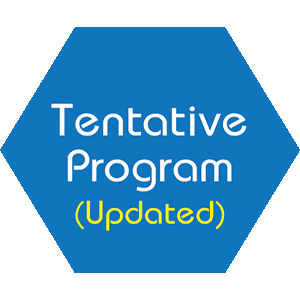
Min-Feng Tseng (Poster 6)
National Defense Medical Center, Taiwan
Title: The outcome of continuous veno-venous hemofiltration versus intermittent hemodialysis on adult traumatic intracranial hemorrhage with acute kidney injury
Biography
Biography: Min-Feng Tseng (Poster 6)
Abstract
Statement of the Problem: There is limited information on the outcome of acute kidney injury (AKI) in patients with traumatic intracranial hemorrhage (tICH). The aim of this study is to estimate the outcome using different renal replacement therapy on the survival rate and rate of long term renal-replacement therapy in adult tICH patient.
Methodology & Theoretical Orientation: We retrospectively identified a total of 310 tICH patients with AKI who required glycerol or mannitol therapy admitted to the intensive care unit during a 10 year period ending DEC 2010 from the National Health Insurance Research Database. Demographic data, severity of tICH, medication, level of care, type of head surgery were collected. All patients subjects were older than >18 years. We also excluded patients diagnosed with tICH before the cohort entry date, hemodialysis before tICH, chronic kidney disease/cancer/coagulation defects/purpura and other hemorrhagic conditions, mortality/mechanical ventilation/ischemic heart disease before tracking. The primary outcome was overall survival at day 30. The secondary outcome was the rate of long term HD therapy.
Findings: A total of 310 patients were enrolled. The Kaplan-Meier estimates of mortality at day 30 did not differ significantly between the continuous vino-venous hemofiltration (CVVH) and intermittent hemodialysis (HD) strategies (Adjusted hazard ratio: 0.782, 95% CI, 0.239 to 2.558; P=0.685). The rate of long term HD was higher in the HD-strategy group than in the CVVH-strategy group (Log-rank P=0.021) especially in injury severity score 16 group.
Conclusion & Significance: tICH patient with AKI receiving CVVH may have effect on renal blood flow protection or cytokine removal which lowers the rate of long term HD.

